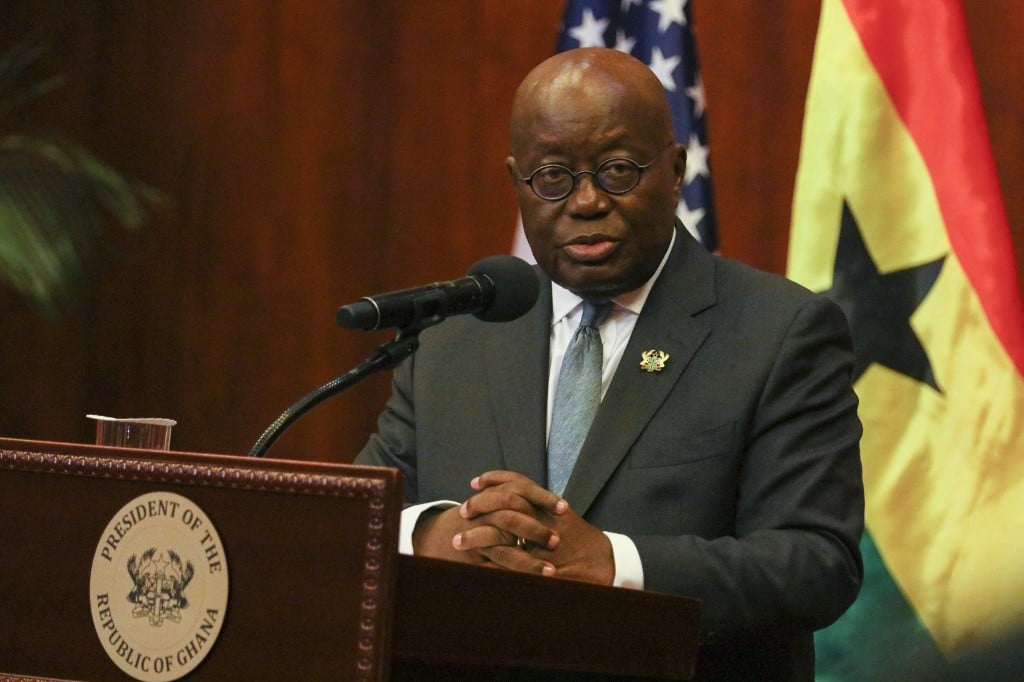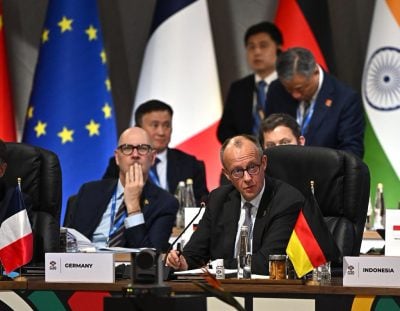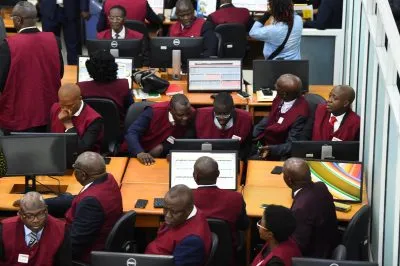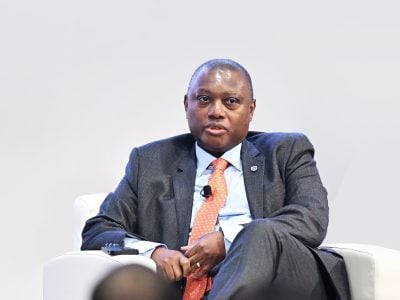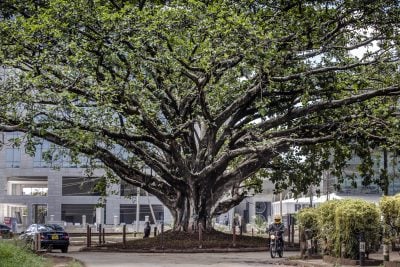The International Monetary Fund (IMF) Executive Board approved a $3bn three-year loan program for Ghana on Wednesday, marking a breakthrough in the country’s long road to debt resolution.
The Extended Credit Facility loan will allow for an immediate disbursement of about $600m.
The deal follows Ghana’s suspension of payments on most of its external debt in December. It comes with strict provisions, including increasing taxes and imposing losses on domestic investors.
IMF Managing Director Kristalina Georgieva welcomed the agreement with Nana Akufo Addo’s government following a commitment by Ghana’s creditors to help make the country’s debt sustainable.
“Today’s decision is also a major milestone for the G20 Common Framework. The commitment by the official creditors committee to help make Ghana’s debt sustainable was essential to the Fund’s approval of the program,” she said.
“Key policies under the authorities’ program include large and frontloaded fiscal consolidation to bring public finances back on a sustainable path, complemented by efforts to protect the vulnerable. The adjustment effort will be supported by ambitious structural reforms in the areas of tax policy, revenue administration, and public financial management, as well as steps to address weaknesses in the energy and cocoa sectors.
Appropriately tight monetary and flexible exchange rate policies will help bring inflation back to single digits and rebuild international reserves. The program also has a strong focus on preserving financial stability and encouraging private investment and growth,” the Fund says.
Mountain of debt
Ghana’ debt challenges, which are rooted in over a decade of high government spending, have been exacerbated by the economic impact of Covid-19 and the fallout from Russia’s invasion of Ukraine. The debt-to-GDP ratio has almost tripled since 2011.
The global fallout of those events further strained the country’s finances and led to a damaging debt default in December, when Ghana halted payments to external bondholders and most bilateral lenders.
The sharp depreciation of the cedi against the US dollar has pushed up import costs, fuelling inflation that has exceeded 40%. The falling currency makes Ghana’s US dollar-denominated debt even more expensive, adding to the economic strain.
Ghana has also been hit hard by falling export earnings, particularly from commodities like gold, cocoa, and oil. The dwindling revenue streams have drained the country’s coffers, deepening its fiscal challenges.
Foreign currency interest payments are devouring up to 70% of government revenues, leaving little room for essential public spending and economic development.
The loan deal is crucial because it not only offers immediate financial assistance but also serves as a catalyst for additional external financing from development partners. The establishment of a framework for debt restructuring is also essential for Ghana to address its high debt burden and make it more sustainable.
By securing the IMF loan deal, Ghana gains access to much-needed funds to revitalise its economic growth and reduce its debt burden.
It also signals the commitment of official bilateral creditors, including China and France, to making Ghana’s debt sustainable, marking a positive step forward for the G20 Common Framework for Debt Relief in developing countries.
Want to continue reading? Subscribe today.
You've read all your free articles for this month! Subscribe now to enjoy full access to our content.
Digital Monthly
£8.00 / month
Receive full unlimited access to our articles, opinions, podcasts and more.
Digital Yearly
£70.00 / year
Our best value offer - save £26 and gain access to all of our digital content for an entire year!

 Sign in with Google
Sign in with Google 